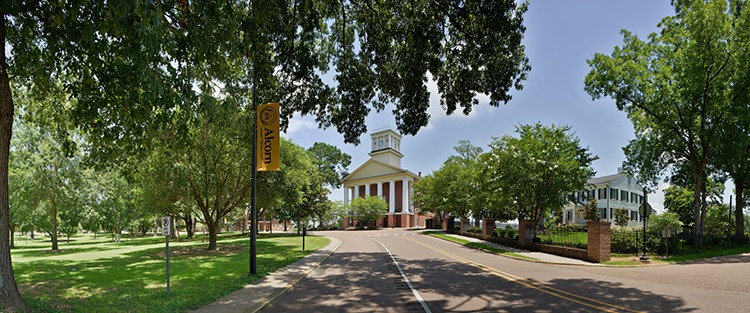HBCU Love: The Top Affordable Historically Black Colleges And Universities In 2025

Source: Andy Mead/ISI Photos / Getty
As the school year approaches its final stretch in 2025, high school seniors are starting to make their final preparations for life after graduation. For many of those students, that means choosing to continue their education in college.
In the case of Black students, many of them might choose to look at attending one of the more than 100 Historically Black Colleges and Universities (HBCUs) across the United States as a viable choice. Not only do HBCUs present an opportunity to connect with like-minded students and embrace the Black experience, but tuition and admission fees for many HBCUs are also below the national average costs for higher education.
MORE: A Wake-Up Call for HBCUs: The Trump Administration’s Impact On Funding And Legacy
According to the Education Data Initiative, the average cost of college in the United States has more than doubled in the 21st century.
- The average in-state student attending a public 4-year institution and living on-campus spends $27,146 for one academic year.
- The average cost of in-state tuition is $9,750, while out-of-state tuition averages $27,457.
- The average private, nonprofit university student living on-campus spends $58,628 per year, with $38,768 of it going to tuition and fees alone.
According to the latest statistics released by the Organization for Economic Cooperation and Development (OECD), the U.S. spends more per student on colleges and universities than every other country in the developed world.
The report states that American universities spend $30,165 per full-time equivalent student, nearly twice the rich-world average of $15,556. Only one small European country spends more than the developed nations and that is the Grand Duchy of Luxembourg.
Countries like Norway are setting the standard for education, where most students attend tuition-free public universities. The spending per student is roughly half of that in the U.S.
Assuming most U.S. students won’t consider spending their freshman years abroad, HBCUs are an increasingly viable option to continue one’s education following their high school graduation without hurting your wallet too badly.
U.S. News & World Report has a database of HBCUs that are recognized by the U.S. Department of Education. To qualify for this ranking, an HBCU must be an “undergraduate baccalaureate-granting institution that enrolls primarily first-year, first-time students and must be a school that is part of the 2025 Best Colleges rankings.”
Keep reading and scroll down to find out which 15 HBCUs are the most affordable to attend in 2025, according to U.S. News & World Report’s rankings!

